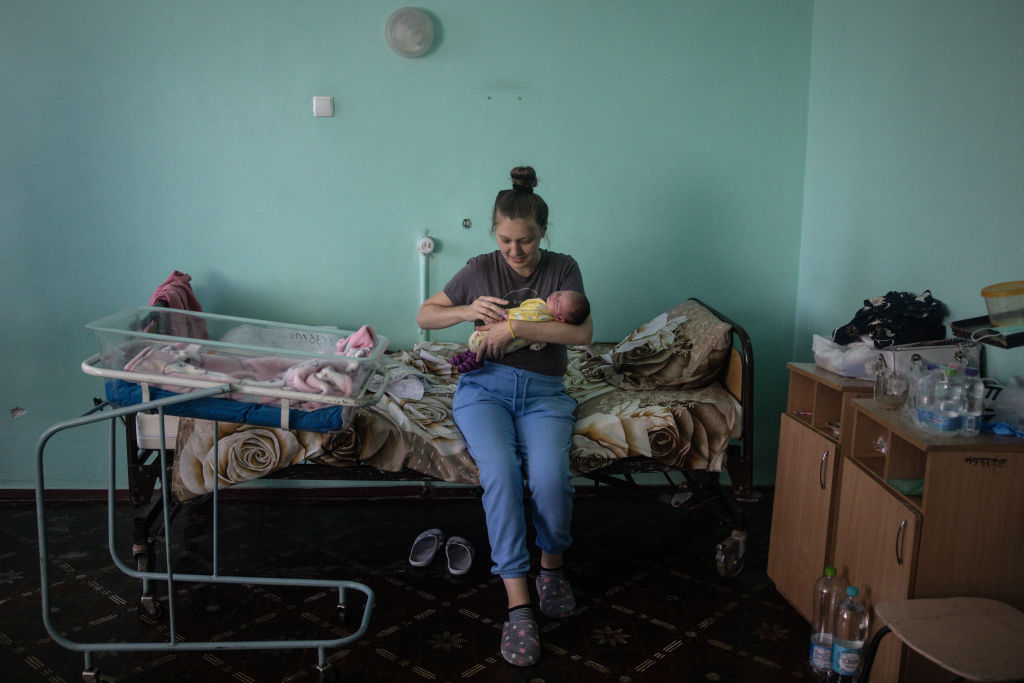A study by CUNY SPH doctoral student Jennifer Majer and colleagues gauged feeding practices among caregivers of children under two years in war-torn Ukraine.
The World Health Organization’s (WHO) recommendations for optimal infant and young child feeding practices include exclusive breastfeeding for the first six months of life, with safe and adequate complementary foods while breastfeeding continues for up to two years of age or beyond. Research has shown that adhering to these practices becomes particularly challenging during periods of instability.
For the study, published in Maternal and Child Nutrition, Majer and colleagues conducted a cross-sectional survey of 724 children between 0 and 23 months of age from 699 households in three Ukraine oblasts—Kyiv City and Kyiv, Lviv, and Odesa. The researchers found feeding practices to be relatively stable since 2015, despite the continued escalation of conflict, with an improvement in exclusive breastfeeding.
Exclusive breastfeeding was reported by 51% of mothers, while breastfeeding was initiated early in 65% of children. Complementary feeding practices were optimal for most children, with 79% having a minimum acceptable diet.
“The high levels of optimal complementary feeding sustained since 2015 suggest protective factors for child nutrition in Ukraine, such as domestic agriculture and social safety nets,” says Majer, noting that nearly all households were receiving cash assistance.
Additionally, the research team found that maternal education was consistently linked to better feeding outcomes, highlighting the need for targeted support for less-educated mothers.
In multi-variable models, humanitarian infant formula assistance was independently associated with suboptimal breastfeeding practices. Children from households that received formula assistance had 67 lower odds of being exclusively breastfed, 65% lower odds of continued breastfeeding at 12 months, and 3.3 times higher odds of being bottle-fed.
“The negative association of formula assistance with exclusive breastfeeding is something that should be looked into further,” Maher says. “Guidelines to prevent inappropriate formula targeting should perhaps be reinforced.”




